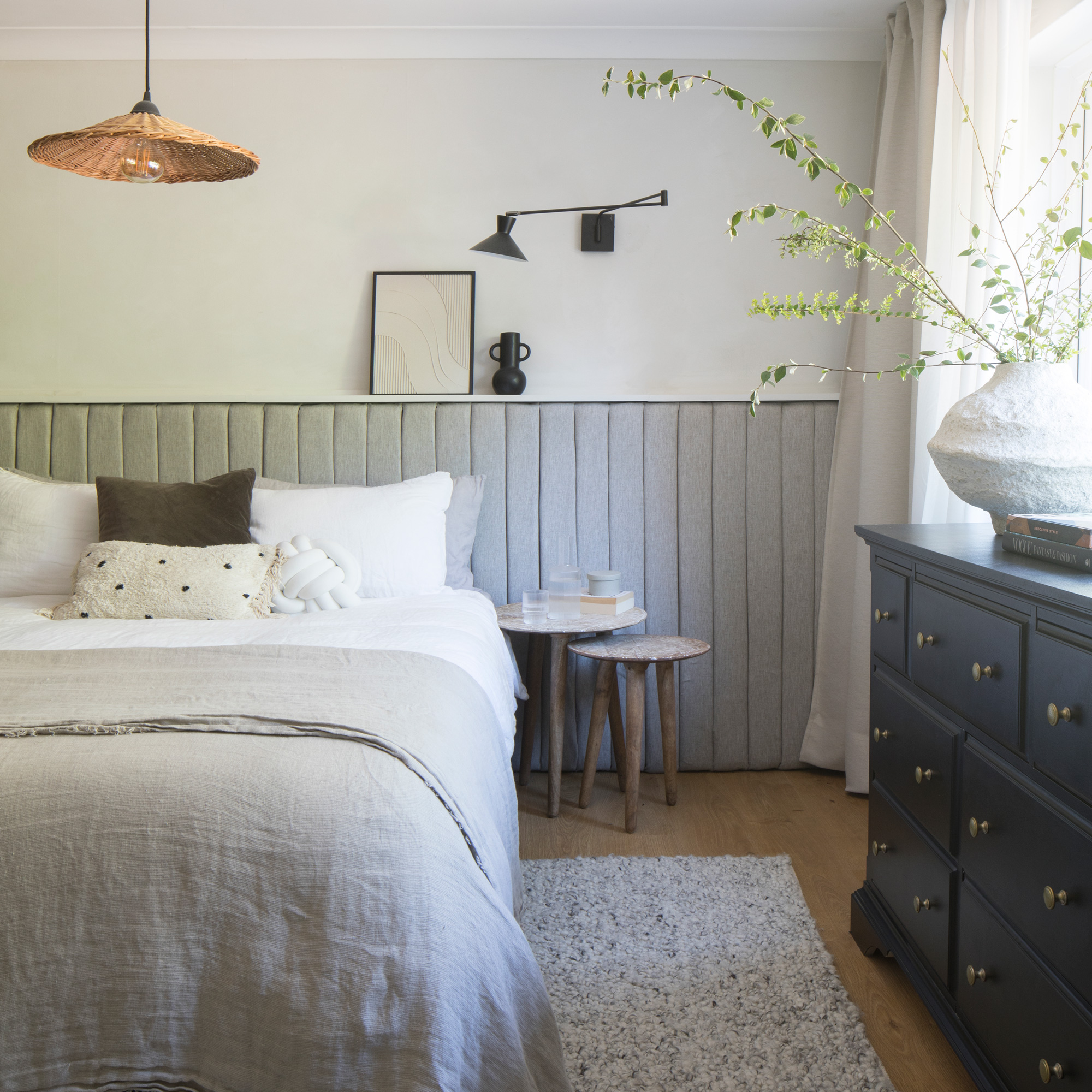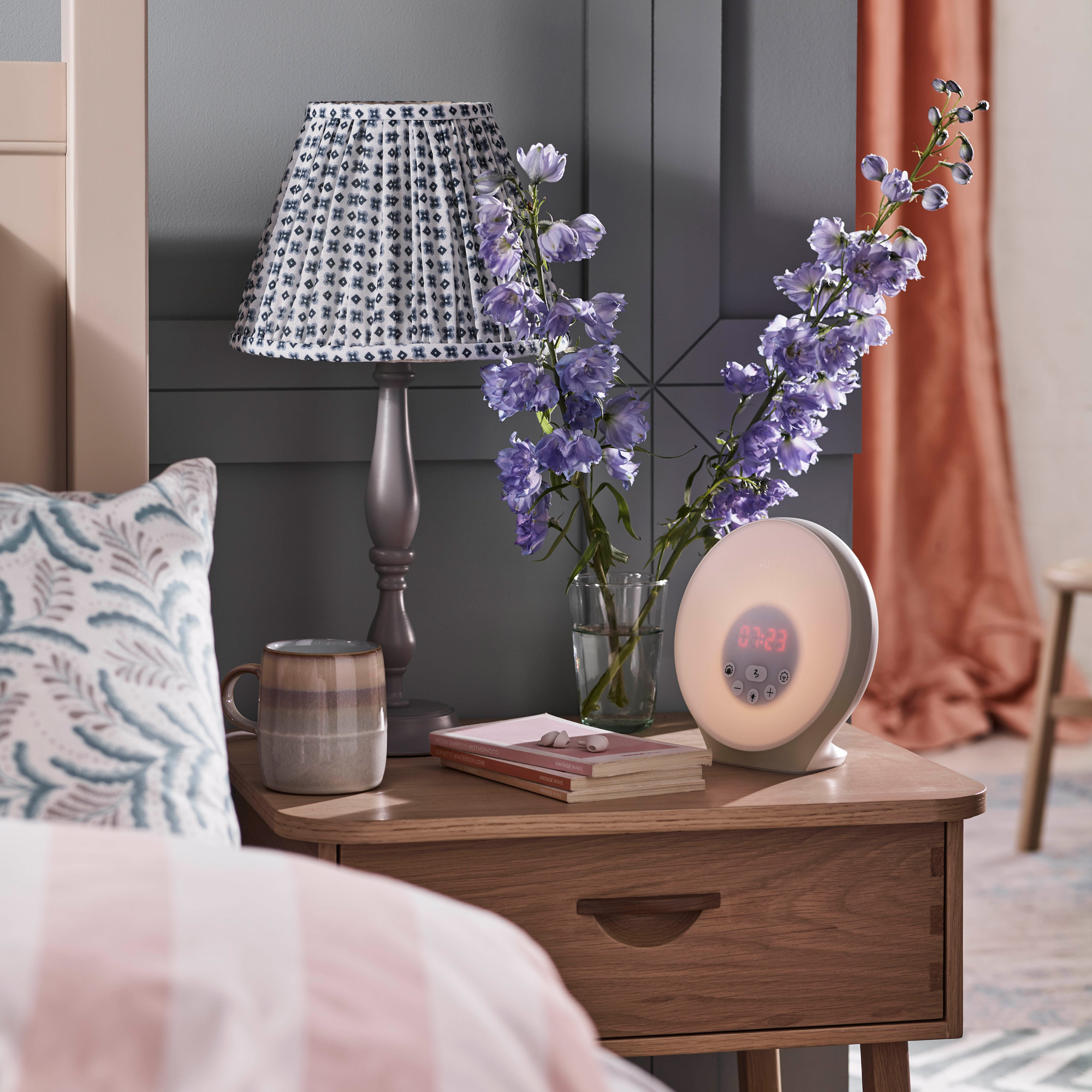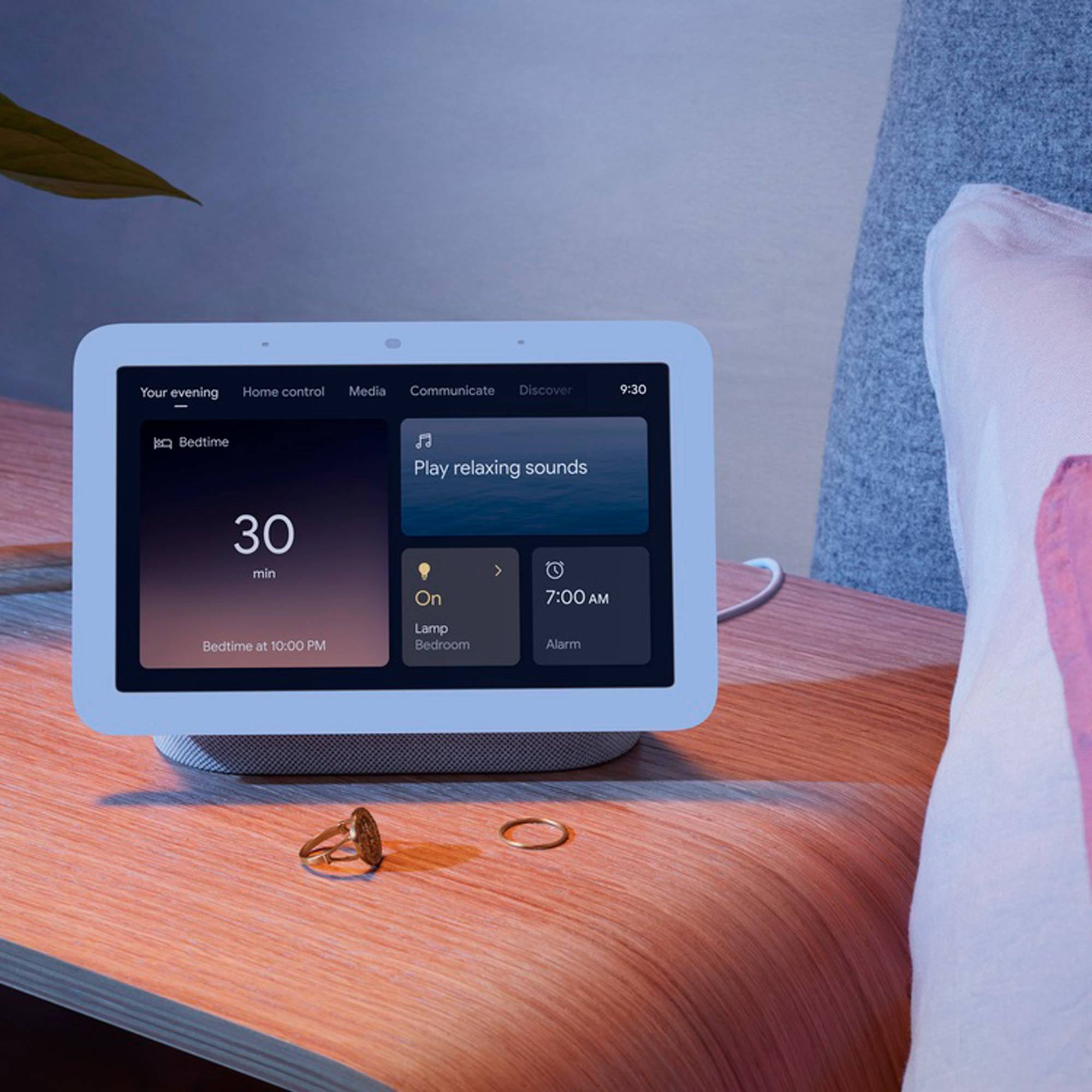
If you’re one of the millions that suffer from sleep deprivation, sleep tech may be able to help. Truth be told, sleep tech is a bit of an oxymoron - the idea that tech can help you sleep, when we’re so often warned that scrolling through our phones late at night will affect our sleep patterns... but ours is a world full of contradictions.
There are loads of ways in which tech can help - from clever programmable lighting that is built into your smart home system, to sleep analysis via trackers both wearable or working silently in the background.
Aside from abandoning all screen time for at least an hour before heading to bed, here are the latest ways that tech can help you catch some much-needed shut eye.
Sleep tech - 4 ways in which tech can help you drift off
From analysing your sleep patterns to simply having a little background noise to help you catch some Zs, here are some of the ways that tech can help...
1. Sleepy sounds
If your mind is racing or you keep waking at the smallest of sounds, some dreamy audio can drown out the distractions that keep you wide awake. There are a whole host of free sleep apps available for download that can play the sound of rain, wind chimes, running water, white noise, ocean waves and more, as you sleep.
Apple, for instance, has built this functionality built into its entire range of iPhones. Head to your Settings, select Accessibility, then Audio & Visual. From here, turn Background Sounds on. You will now find this option in your Control Centre for quick access, via the ear icon. Choose from ocean sounds to rain and trickling streams, and toggle it on and off whenever you need an aural distraction.

Alternatively, and looking somewhat like a Harry Potter gadget, the Morphee Sleep aid is a stand alone gadget that offers a wide choice of soothing sounds, music and breathing exercises to encourage the listener to drift off. Bonus points for the fact that it doesn't look too shabby on your bedside table...
2. Dreamy lighting
Automated smart lighting that dims in the evenings and gradually brightens in the mornings can gently ease you into the mood to sleep, so much so you may not even notice it at work.
Invest in Philips Hue smart lights and you can avail of the preset Go To Sleep and Wake Up automations. Select them, adjust the timings to suite you accordingly and everything will be done for you.

Similarly, Lumie’s wide range of Bodyclocks combine sunrise and sunset lights with a host of extras like alarm clocks, radio and white noise sounds.
3. Clever wearables
Wearables - a.k.a. tech that you wear - can track the hours that you sleep as well as your heartbeat. Google's Fitbit 5 analyses the time and quality of your sleep, as well as providing you with a daily Sleep Score (and suggested ways to improve it).
The Oura Ring Generation 3 (approx. £235 at Oura) is as the name suggests a band you wear on your finger that tracks how well you sleep every night, based on how long you spend in each sleep stage, from light sleep to REM sleep as well as your body temperature and heart rate.
4. Undetectable trackers
If the idea of wearing a tracker doesn't appeal, there are other trackers that don’t require you to have them strapped to you 24-7.
The Withings sleep analyser is a thin mat that you slip under your mattress, so apart from the data that it collects each night and feeds back to you each morning, you’ll never know it’s there. It’ll analyse your breathing patterns, heart rate and body movements, even going so far as diagnosing sleep apnea.

And if you have a Google Nest Hub (2nd Gen) Smart Display (£89.99 from Currys), its clever Sleep Sensing feature uses motion and sound to track the way you sleep, giving you weekly suggestions on ways to improve the quality of your sleep.
Remember though, if you do have trouble sleeping and it becomes problematic, your first port of call should be your GP. Be open to changing your diet and habits first before relying on tech to fix the problem.







